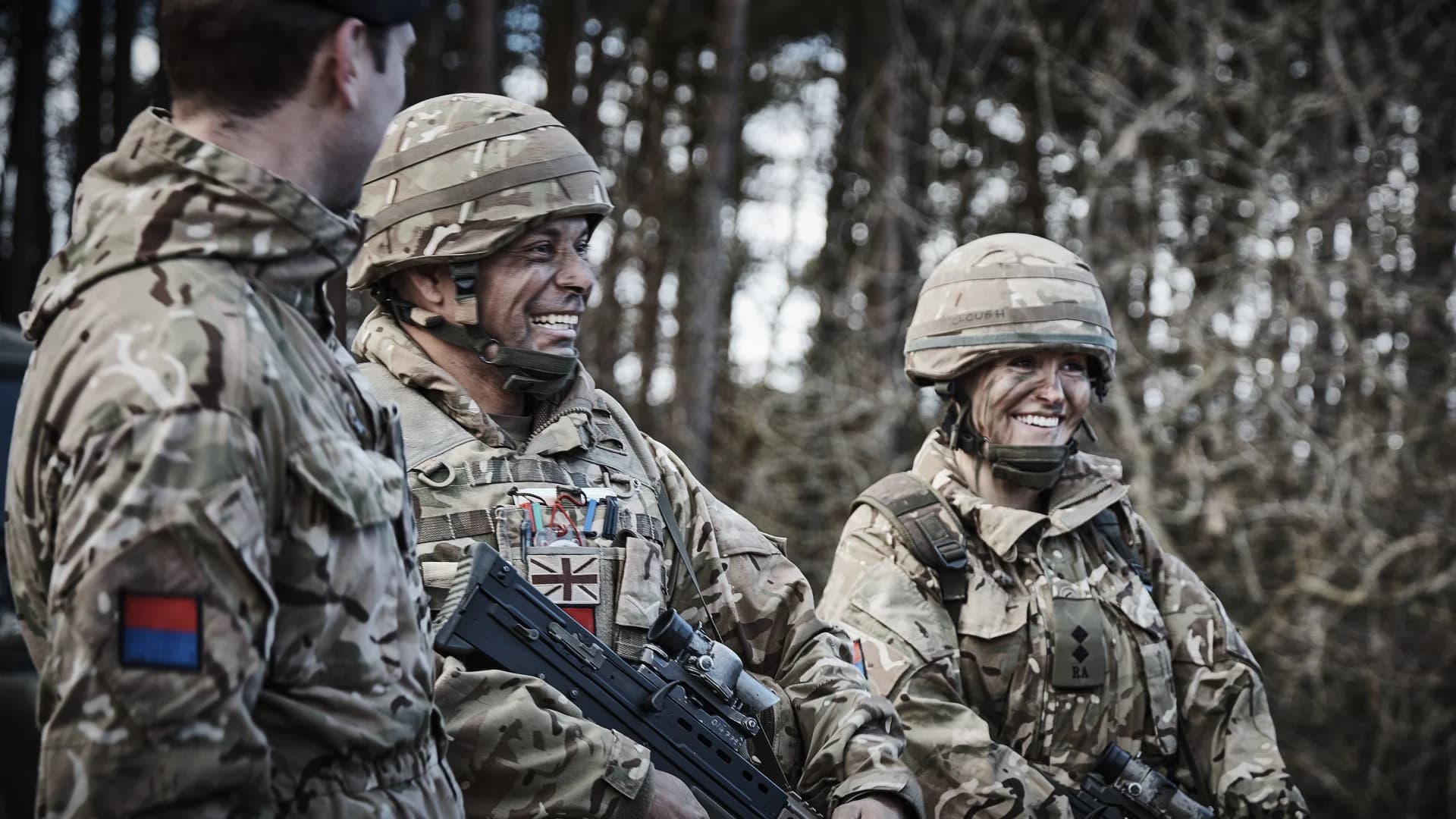
Can you please outline enlisting as a medical student?

Additional information
Hi, I’m 16 and am seriously considering a career in medicine and was wondering if you would enlist before your degree or at the end?
Anonymous asked a question to Medical Roles
Category: Role Description
Date asked: Saturday, September 7, 2019
Last reviewed: Wednesday, September 11, 2019

Tori C.
Regimental Medical Officer
Hello,
There are two common ways to join as a doctor, either as a bursar, or as a direct entrant.
A bursar is someone who joins while at medical school, you can only be paid for 3 years of medical school, so most students will apply during their 1st or 2nd year, aiming to then be paid for their final 3 years. You get £10,000 a year to use as you wish, most students will use it to pay their fees, and then at the end you get a £45,000 lump sum. You will go on to do FY1 and FY2 (Your first two years as a doctor where you gain your full GMC registration) just like your NHS colleagues, after which you will go to Sandhurst to do your commissioning course.
Alternatively you can apply to join as a direct entrant, this is someone who is looking to join the Army after they finish FY1 and FY2. They will be on the same commissioning course as the bursars mentioned above. There is no lump sum payment if you join this way.
Obviously, it is financially better to join at medical school. However both methods of entry are competitive. If you are sure you want to join the Army, then I would encourage you to apply at the start of your 2nd year of medical school. If you don't get in, you then have the option to apply again when you finish your degree.
I joined as a direct entrant and applied during my FY1 year (it didn't ever occur to me while I was at university that I might like to join the Army one day!).
It is worth remembering that if you are a bursar you will most likely do FY1 and FY2 at a JHG (a hospital the military work from) whereas if you stay in the NHS for those two years, then you have more freedom to choose where you would like to work for those 2 years.
If you have any more questions please ask away!
Monday, September 9, 2019
Anonymous
Thank you for your response. In terms of the commissioning course at Sandhurst, how long is it and what sort of training do you complete?
Tuesday, September 10, 2019

Tori C.
Regimental Medical Officer
The answer to this from the Army website is
'The Professionally Qualified Officer (PQO) course at Sandhurst is for new British Army Officers who hold professional qualifications, such as doctors, vets, lawyers, dentists, nurses, physiotherapists and chaplains. The course is designed to familiarise PQOs with military life and to prepare them for operational deployment.
The course (Commissioning Course Short) takes eight weeks to complete and is based directly on the Regular Commissioning Course. The focus is on officership, command and leadership, and the syllabus includes field training, physical training, weapons training and, of course, drill. When not out in the field PQOs will find themselves in the classroom, learning, for example, about global security, aspects of leadership psychology and the history of warfare.'
Which actually sums it up pretty well!
If you have any other questions or want some more details, please let me know.
Wednesday, September 11, 2019
This discussion is closed, so no new comments can be added.